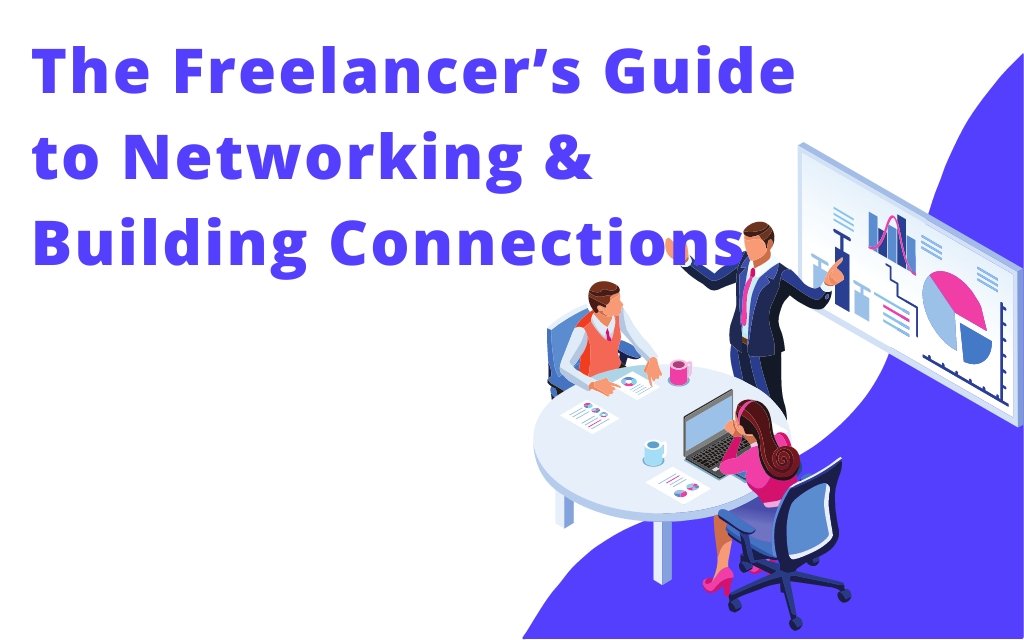The Future of Human-Centric Jobs and Skills in the AI Era: What You Need to Know
Artificial intelligence (AI) technology is reshaping the world of work, creating new opportunities and challenges for human workers. AI technology can automate or augment human tasks and roles, change the nature of work, and create new jobs and skills. However, AI technology cannot replace human skills that are essential for human-centric jobs, such as empathy, creativity, or communication. In this article, we will explore some of the trends and insights on the future of human-centric jobs and skills in the AI era, and what you need to know to prepare for the future of work.
Human-Centric Jobs: Growing Demand for Social and Emotional Skills
Human-centric jobs are jobs that involve interacting with or caring for other people, such as teachers, nurses, counselors, or managers. Human-centric jobs require social and emotional skills, such as empathy, compassion, collaboration, or leadership. Social and emotional skills are the skills that enable human workers to understand, communicate, and relate with others effectively and respectfully. According to a recent report by BCG, social and emotional skills are among the most in-demand skills in the era of AI, as they are less likely to be automated or augmented by AI technology. 1 Some of the reasons why social and emotional skills are in high demand include:
- Human workers need social and emotional skills to work with or alongside AI systems and applications, such as chatbots, voice assistants, or robots. They need to be able to communicate, collaborate, and trust AI technology, as well as explain or interpret AI outcomes to others.
- Human workers need social and emotional skills to work with diverse and multidisciplinary teams that involve different roles, skills, or perspectives. They need to be able to cooperate, coordinate, and resolve conflicts with others.
- Human workers need social and emotional skills to work with customers or users who have different needs, expectations, or emotions. They need to be able to empathize, listen, and respond to their customers or users in a personalized and ethical way.
Human-Centric Skills: Essential Cognitive and Creative Skills for the AI Era
To succeed in human-centric jobs in the AI era, human workers need to have a combination of cognitive and creative skills that enable them to think critically, creatively, and analytically in various contexts and scenarios. Some of the essential cognitive and creative skills for the AI era include:
- Problem-solving: Problem-solving is the ability to identify, analyze, and solve problems using various methods and tools. Problem-solving skills are crucial for human workers who work with complex or uncertain problems that require human judgment, intuition, or innovation.
- Decision-making: Decision-making is the ability to make choices or judgments based on available information or criteria. Decision-making skills are important for human workers who work with multiple or conflicting options or outcomes that require human values, ethics, or preferences.
- Learning: Learning is the ability to acquire or improve knowledge or skills through various sources or experiences. Learning skills are vital for human workers who work with changing or evolving situations that require human curiosity, adaptability, or resilience.
- Creativity: Creativity is the ability to generate novel or original ideas or solutions. Creativity skills are essential for human workers who work with new or challenging opportunities that require human imagination, inspiration, or expression.
Conclusion
AI technology is creating new opportunities and challenges for human workers in various domains and sectors. Human workers need to understand the trends and insights on the future of human-centric jobs and skills in the AI era, and what they need to know to prepare for the future of work. To succeed in human-centric jobs in the AI era, human workers need to have a combination of social and emotional skills that enable them to interact with or care for other people, and cognitive and creative skills that enable them to think critically, creatively, and analytically in various contexts and scenarios.
The Freelancer’s Guide to Continuous Learning and Skill Development




